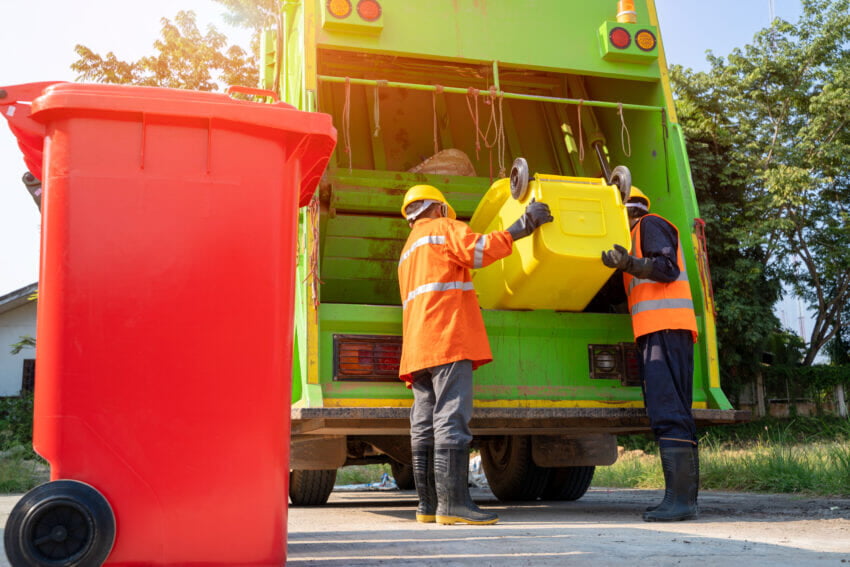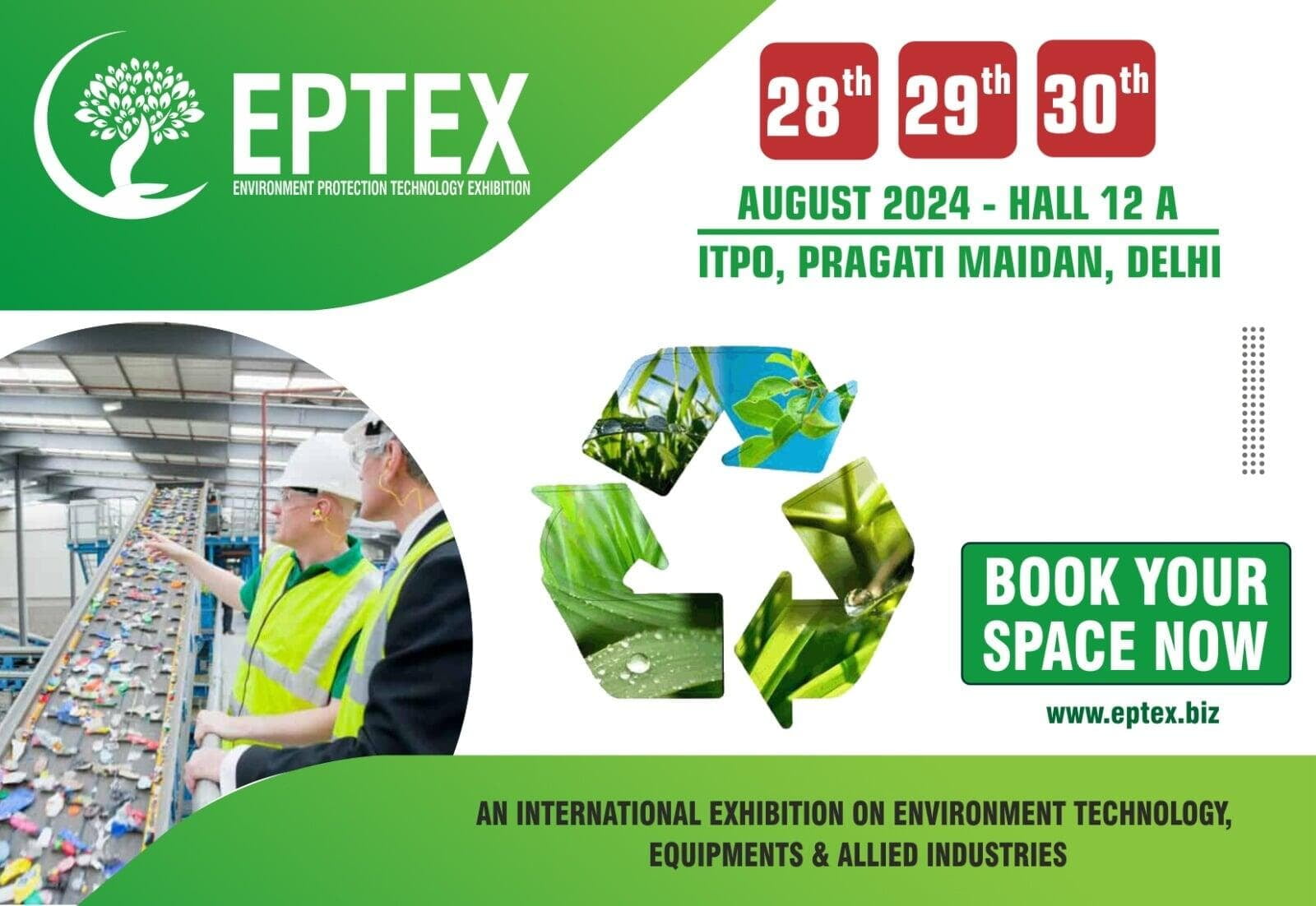Introduction:
Introduction:
In today's world, waste management is more critical than ever as we face mounting environmental challenges. From plastic pollution in our oceans to overflowing landfills emitting harmful greenhouse gases, improper waste disposal poses significant threats to ecosystems and human health. However, by adopting effective waste management strategies, we can minimize environmental pollution and conserve valuable resources. Let's delve into the importance of waste management and explore actionable steps towards a more sustainable future.
Understanding the Impact of Waste
Understanding the Impact of Waste
Waste generation is a global issue with far-reaching consequences for the environment and society. Landfills release methane, a potent greenhouse gas that contributes to climate change, while plastic waste contaminates waterways and harms marine life. Additionally, improper disposal of hazardous waste poses risks to human health and contaminates soil and groundwater. By recognizing the interconnectedness of waste management and environmental sustainability, we can prioritize solutions that mitigate these adverse effects.
Reduce, Reuse, Recycle
Reduce, Reuse, Recycle
The mantra of "reduce, reuse, recycle" forms the cornerstone of sustainable waste management practices. By minimizing consumption, reusing products, and recycling materials, we can significantly reduce the amount of waste sent to landfills and incinerators. Educating individuals and communities about the importance of waste reduction and promoting sustainable consumption habits are crucial steps towards building a circular economy where resources are reused and recycled to their fullest potential.
Investing in Infrastructure
Investing in Infrastructure
Investments in waste management infrastructure are essential for establishing efficient collection, sorting, and recycling systems. Municipalities can implement curbside recycling programs, establish composting facilities, and invest in advanced recycling technologies to divert waste from landfills and incinerators. Additionally, improving waste collection infrastructure in underserved communities helps prevent illegal dumping and environmental degradation, promoting social equity and environmental justice.
Promoting Extended Producer Responsibility
Promoting Extended Producer Responsibility
Extended Producer Responsibility (EPR) programs hold manufacturers accountable for the environmental impact of their products throughout their lifecycle. By shifting the burden of waste management from taxpayers to producers, EPR incentivizes eco-friendly product design, packaging reduction, and materials recovery. Encouraging businesses to take responsibility for their products' end-of-life disposal fosters a closed-loop approach to waste management, where resources are efficiently recovered and reused.
Harnessing Technology and Innovation
Harnessing Technology and Innovation
Technological advancements play a crucial role in enhancing waste management efficiency and effectiveness. Innovations such as waste-to-energy conversion, advanced recycling technologies, and smart waste management systems offer sustainable solutions for managing diverse waste streams. You can see and experience these technologies live at the EPTEX Delhi 2024 an inaugural show that highlights technologies that provide solutions to protect the environment. Visit EPTEX from 28 – 30 August 2024 at ITPO, Hall 12 A, Pragati Maidan, New Delhi. Additionally, blockchain technology can improve supply chain transparency and traceability, facilitating the recycling of materials and reducing waste contamination.
Fostering Collaboration and Education
Fostering Collaboration and Education
Effective waste management requires collaboration between governments, industries, communities, and individuals. Public-private partnerships can drive investment in waste management infrastructure and promote sustainable practices throughout the supply chain. Furthermore, educational initiatives and outreach programs raise awareness about the importance of waste reduction, recycling, and proper disposal, empowering individuals to make environmentally conscious choices in their daily lives.
Conclusion
Conclusion
Effective waste management is essential for minimizing environmental pollution, conserving resources, and building a more sustainable future. By embracing the principles of reduce, reuse, recycle, investing in infrastructure, promoting extended producer responsibility, harnessing technology and innovation, and fostering collaboration and education, we can collectively address the challenges of waste pollution and create a cleaner, healthier planet for generations to come. Let's commit to prioritizing sustainable waste management practices and working towards a circular economy where waste is minimized, and resources are used responsibly.



